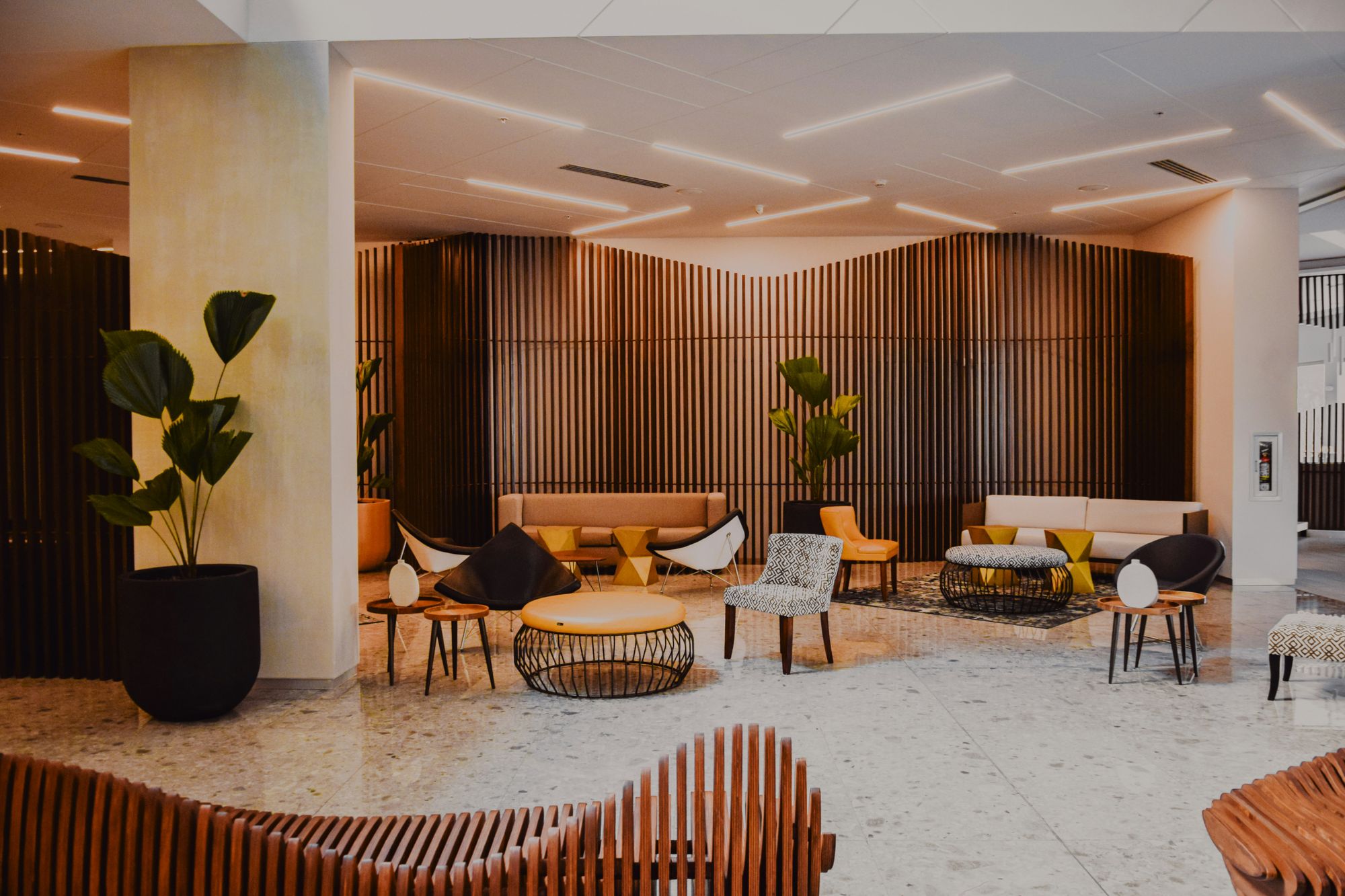Managing daily hotel operations efficiently and cost-effectively is a constant challenge for hoteliers. In this article, we'll look at the challenges hoteliers face and provide three actionable tips on how to save money with the right solutions.
Tip 1: Conduct a thorough assessment to identify areas for cost savings
Before implementing any cost-saving measures, it is essential to carry out a comprehensive assessment of current operations. This step is essential to identify areas where costs can be reduced without compromising service quality. A thorough assessment allows hotel owners and managers to make informed decisions and prioritise the most impactful changes.
Examples of common cost areas in hotels:
- Labour costs: Labour costs often represent a significant portion of a hotel's expenses. Implementing workforce management solutions, such as staff scheduling software, can help optimise staffing levels, reduce overtime and improve overall labour efficiency.
- Energy consumption: Hotels are energy-intensive facilities, and energy costs can escalate quickly. Investing in energy-efficient technologies, such as smart lighting and HVAC systems, can result in significant savings over time. In addition, implementing guest room automation systems can help regulate energy use when rooms are unoccupied.
- Inventory management: Inefficient inventory management can lead to unnecessary costs. Implementing automated inventory tracking systems can prevent overstocking, reduce waste and streamline procurement processes, ultimately reducing costs and improving overall efficiency.
Tip 2: Automate routine hotel processes
The benefits of automation include efficient check-in and check-out, automated reservation systems, optimised cleaning schedules, inventory tracking and personalised guest experiences.
How automation leads to operational efficiencies, reduced labour costs and improved guest experiences:
- Operational efficiency: Automated processes significantly reduce the time spent on manual tasks, allowing staff to focus on more value-added activities. It also minimises the risk of human error, ensuring accuracy in tasks such as reservation management and billing.
- Reduced labour costs: By automating routine tasks, staffing levels can be optimised based on actual operational needs, reducing unnecessary labour costs. Efficient processes mean less need for overtime, leading to further savings on labour costs.
- Improved guest experience: Guests benefit from faster check-in and check-out processes, resulting in an overall more efficient and enjoyable stay. Automation allows hotels to offer personalised services, creating a memorable and tailored experience for each guest.
Tip 3: Select the right technology solutions
The third tip is to choose the most appropriate technology solutions for your specific needs. When evaluating technology providers, consider factors such as scalability, ease of integration and ease of use.
NeedNect Solutions, for example, offers a comprehensive tool for automating and streamlining hotel operations. The web-based software includes a wide range of features to meet the diverse needs and goals of hoteliers, making it a robust choice.
To choose the right technology solutions, hoteliers should assess their needs, set clear objectives and establish a realistic budget. Prioritise ease-of-use, scalability and vendor reputation. Consider trial periods, prioritise future-proofing and seek recommendations to make informed decisions.
In summary, the hotel industry landscape is rapidly evolving and hoteliers must adapt to remain competitive. By identifying cost-saving opportunities, automating routine processes and selecting the right technology solutions, hoteliers can not only save money, but also improve efficiency and guest satisfaction. The long-term benefits of automation are significant and can help hotels thrive in an ever-changing environment.
Check out our monthly newsletter on LinkedIn, as well as our website NeedNect Solutions, and our podcast on Spotify.








